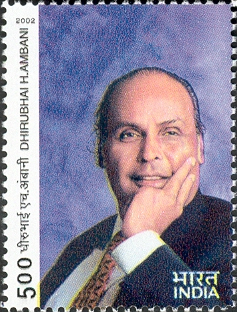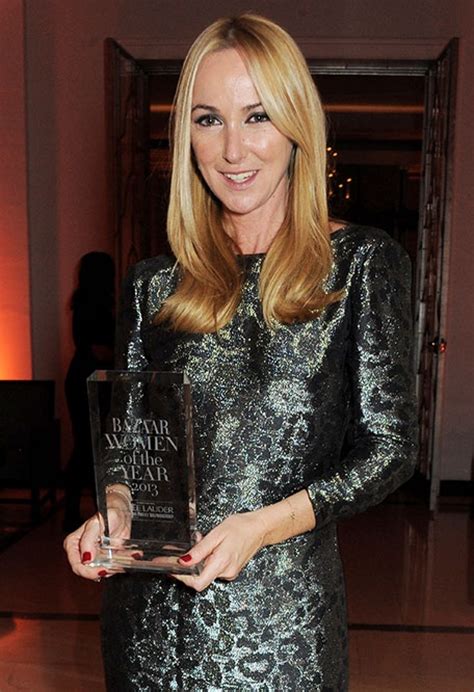Цитата Маргарет Мэйи
Я думаю, что меня слишком интересуют мои собственные идеи, чтобы копировать чьи-то еще, но я считаю, что образы других людей, поток речи во внешнем мире, игры со словами и идеи об отношениях — все это для меня важнее всего.
Связанные цитаты
Мы просеиваем реальность через экраны, составленные из идей. (И такие идеи уходят своими корнями в более старые идеи.) Такие системы идей обязательно ограничены языком, способами, которыми мы можем их описать. То есть: язык нарезает колеи, по которым движутся наши мысли. Если мы ищем новые формы действительности (другие законы и другие порядки), мы должны выйти за пределы языка.
Я учился в основном, читая себя. Так что я не думаю, что у меня есть какие-то оригинальные идеи. Конечно, я говорю о чтении Грэма. Я читал Фила Фишера. Так что я получил много моих идей от чтения. Вы можете многому научиться у других людей. На самом деле, я думаю, если вы учитесь в основном от других людей, вам не нужно придумывать слишком много новых идей самостоятельно. Вы можете просто применить лучшее из того, что видите.
Если мы во Христе, то вся основа наших поступков — это Бог, не представления о Боге, не идеи о Боге, а Сам Бог. Нам больше не нужны идеи о Боге, мир полон идей о Боге, все они никчемны, потому что идеи о Боге в чьей-либо голове не более полезны, чем наши собственные идеи. Что нам нужно, так это настоящий Бог, а не больше идей о Нем.
Немногие люди... хорошо обучены слушать. Обучение большинства чрезмерно словесных профессиональных интеллектуалов идет в противоположном направлении. Живя в конкурентной культуре, большинство из нас большую часть времени в основном озабочены тем, чтобы донести свои собственные взгляды, и мы склонны находить речи других людей утомительным прерыванием потока наших собственных идей.
Идеи приходят в основном снизу вверх. Они приходят, когда у вас есть свободный поток идей, и у вас есть люди, способные объединить несколько идей в одну концепцию... И у вас также должна быть конкуренция. Вы должны сказать: «У нас будет 10 разных идей, девять из них потерпят неудачу, а та, которая окажется лучшей, будет продвигаться вперед».



































